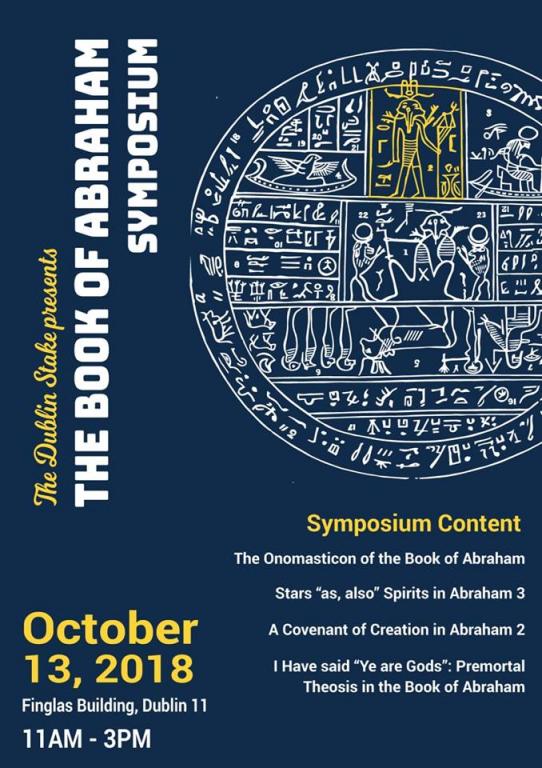
Notes from a rough and incomplete manuscript:
Even many of Joseph’s critics wrestled with the possibility that he might actually have been honest and sincere. Josiah Quincy sums up his account of his 1844 visit to Nauvoo with the comment that, “If the reader does not know just what to make of Joseph Smith, I cannot help him out of the difficulty. I myself stand helpless before the puzzle.” In June 1851, a journalist connected with London’s Morning Chronicle published a piece entitled “The Mormons.” He did not accept Joseph Smith’s religious faith, and believed that Mormonism was conceived in fraud. “At the same time,” though, he wrote of Joseph,
there is much in his later career which seems to prove that he really believed what he asserted—that he imagined himself to be in reality what he pretended—the chosen medium to convey a new gospel to the world—the inspired of heaven, the dreamer of divine dreams, and the companion of angels. If he were an impostor, deliberately and coolly inventing, and pertinaciously propagating a falsehood, there is this much to be said, that never was an impostor more cruelly punished than he was, from the first moment of his appearance as a prophet to the last. Joseph Smith, in consequence of his pretensions to be a seer and prophet of God, lived a life of continual misery and persecution. He endured every kind of hardship, contumely and suffering. He was derided, assaulted and imprisoned. His life was one long scene of peril and distress, scarcely brightened by the brief beam of comparative repose which he enjoyed in his own city of Nauvoo. In the contempt showered upon his head his whole family shared. Father and mother, and brothers, wife and friends, were alike involved in the ignominy of his pretensions, and the sufferings that resulted. He lived for fourteen years amid vindictive enemies, who never missed an opportunity to vilify, to harass, and to destroy him; and he died at last an untimely and miserable death, involving in his fate a brother to whom he was tenderly attached. If anything can tend to encourage the supposition that Joseph Smith was a sincere enthusiast maddened with religious frenzies, as many have been before and will be after him—and that he had strong and invincible faith in his own high pretensions and divine missions, it is the notability that unless supported by such feelings, he would have renounced the unprofitable and ungrateful task, and sought refuge from persecution and misery in private life and honorable industry.
***
On the evening of Sunday, 2 September 2018, Neal Rappleye, Jasmin Rappleye, Stephen Smoot, and Hales Swift joined together for the weekly Interpreter Radio Show. Their discussion ranged across such topics as the then upcoming release of the new Church history volume Saints, the history of creating Church histories, and some of the various types of histories (documentary, narrative, etc.). You can listen to an archived recording of their conversation:
***
If you happen to be in or around Dublin, Ireland, on 13 October 2018, consider dropping in for the fireside (“”The Onomasticon of the Book of Abraham: Evidence for Authenticity”) that the brilliant and prolific Robert Boylan will be giving at the stake center there:











